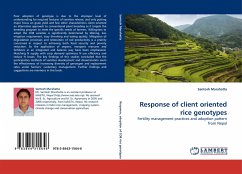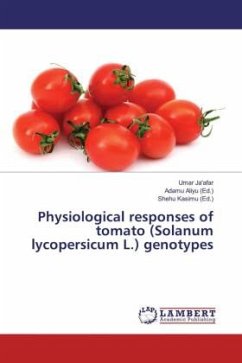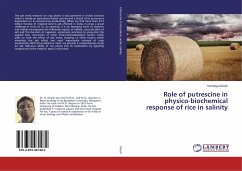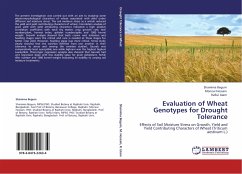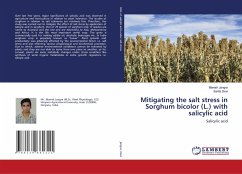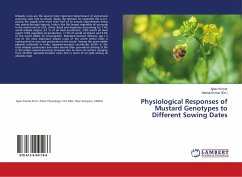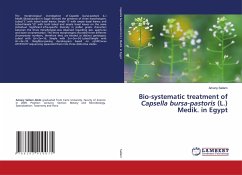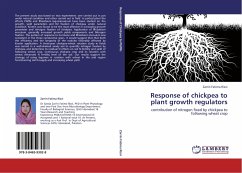Poor adoption of genotype is due to the improper level of understanding for required features of varieties release, and only putting major focus on grain yield and few other characteristics client oriented an alternative approach to conventional plant breeding as it targets the breeding program to meet the specific needs of farmers. Willingness to adopt the COB varieties is significantly determined by tillering, less irrigation requirement, easy threshing and eating quality. Mitigation of degradation processes and restoration of soil productivity is a priority concerned in respect to achieving both food security and poverty reduction. So the application of organic, inorganic manures and fertilizers in an integrated and balance way have been emphasized. Matching N supply with crop demand optimizes N use efficiency and reduce N losses. The key findings of this studies concluded that the participatory methods of varieties development and dissemination seem the effectiveness of increasing diversity of genotypes and replacement rates under farmers' customary management. Further findings and suggestions are mentions in this book.
Bitte wählen Sie Ihr Anliegen aus.
Rechnungen
Retourenschein anfordern
Bestellstatus
Storno

